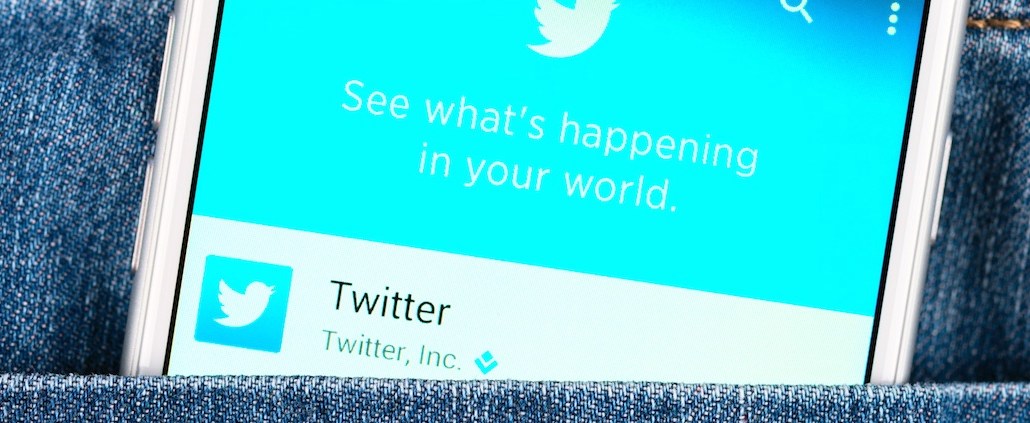
Facebook and Twitter had remarkably different years. Facebook couldn’t lose; it was like Triple Crown winner American Pharoah. Twitter’s fate was more like Ronda Rousey, roundhoused and in search of a comeback.
There’s no clearer indication of their vastly different fortunes than their money situation: Facebook is on pace to top $17 billion in revenue, Twitter $2.2 billion. Facebook is now valued at $300 billion, and Twitter below $20 billion.
Twitter had a few stumbles this year. It failed to act quickly enough to concerns about the platform, like the fact that it can be filled with hate comments. That scares off users and brands.
It has also been slow to fix the quirks of the site that some say keep it from having even greater mass appeal. Twitter has a language all its own, and it can seem like an insular community, so expanding beyond its borders was always going to be tough.
“Twitter has got to do something,” said Chris Tuff, evp of business development and partnerships at 22squared. “Everything needs to become more visual with deeper, more engaging formats, more Vine, Periscope videos, and photos.”
Meanwhile, Facebook keeps growing. There are parts of the world where people don’t know where the Internet ends and Facebook begins; they’re virtually synonymous. Not everything Facebook touches is a success, but the big ones are major wins. It’s sitting on four of the top 20 apps in the world — Facebook, Messenger, Instagram and WhatsApp.
“Facebook has some really cool stuff on the docket,” said Cristin Jordan, channel director of social at VML.
Also, while Twitter has struggled, there’s a “ton of potential” for brands there, Jordan said.
Here’s a look at Facebook and Twitter’s divergent years:
CEOs take different routes
Mark Zuckerberg’s year versus Dick Costolo’s pretty much sums it all up. Zuckerberg is on paternity leave, enjoying familial bliss while planning how to give away $50 billion. Costolo was basically fired this year. The Twitter ex-CEO was replaced by returning co-founder Jack Dorsey, who leads both Twitter and newly public company Square at the same time. In his first months on the job, Dorsey has yet to spark Twitter’s awaited resurgence.
Just look at the advertisers
Almost every brand is on Twitter and Facebook, but far more advertise on Facebook. Now, Facebook counts 2.5 million paying advertisers, and Twitter has 100,000.
Big apps
Twitter has a nice portfolio it’s working with, some homegrown apps and some savvy acquisitions. Facebook has a murderer’s row of apps. Just to highlight one from each: Facebook has Instagram with 400 million users. Instagram is bigger than Twitter itself, and it has become an important part of almost every major brand’s social media strategy. Twitter owns Periscope, the live streaming video app with 20 million users. That’s a relatively small audience, but it’s just the beginning. Periscope could be Twitter’s savior, a path to mainstream adoption with a service people can’t wait to try.
Most-hyped new feature
Facebook launched Instant Articles this year, and Twitter launched Moments. For Facebook, Instant Articles were a nice touch, just a little something to make posts from top publishers more dynamic with big videos and interactive photos, and they load faster. For Twitter, Moments was a make-or-break feature, and it was built to make the whole platform more welcoming. Moments curates content from Twitter so a user doesn’t have to dig forever to find the relevant posts with bigger photos and more dynamic media. Still, Moments was criticized for trying too hard to lure readers; its icon with a persistent blue dot felt like it was tricking users into clicking for updates. Also, it is still unclear if Moments actually appealed to a new fan base or made newcomers feel more welcome, as intended.
Who they’re up against
You can tell a lot about Twitter and Facebook by their closest rivals. Twitter is still formidable and competing with the likes of Pinterest, which has 100 million monthly visitors, and is generating about $170 million a year. Facebook, on the other hand, is now in Google territory. Eight of the top 10 apps are consistently either owned by Facebook or Google, which combined claim more than half of all mobile advertising revenue.
Comes down to users
Then there are the user numbers. This is Twitter’s biggest downfall and the motivation behind its latest attempts to reinvent the platform to make it more friendly to newcomers. Twitter is now at 320 million monthly users, which represents an 11 percent increase from last year. Facebook’s user numbers are almost unbelievable they’re so high — more than a billion people a day log in. It has 1.5 billion monthly users, which is an increase of 14 percent from last year. Messenger has 700 million users, and WhatsApp has 900 million.
More in Media

In Graphic Detail: The scale of the challenge facing publishers, politicians eager to damage Google’s adland dominance
Last year was a blowout ad revenue year for Google, despite challenges from several quarters.

Why Walmart is basically a tech company now
The retail giant joined the Nasdaq exchange, also home to technology companies like Amazon, in December.

The Athletic invests in live blogs, video to insulate sports coverage from AI scraping
As the Super Bowl and Winter Olympics collide, The Athletic is leaning into live blogs and video to keeps fans locked in, and AI bots at bay.





